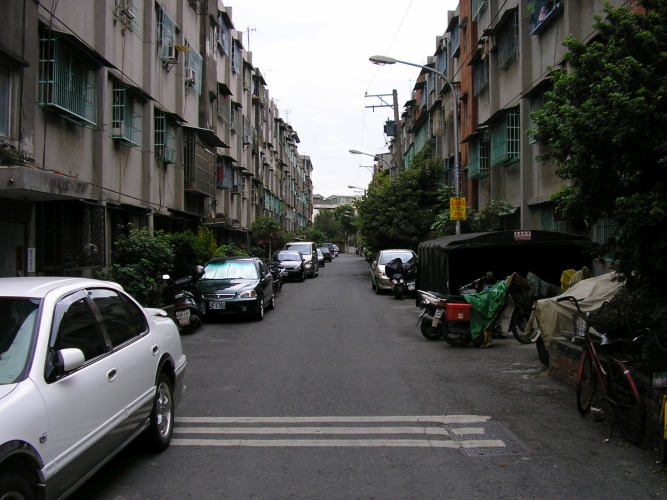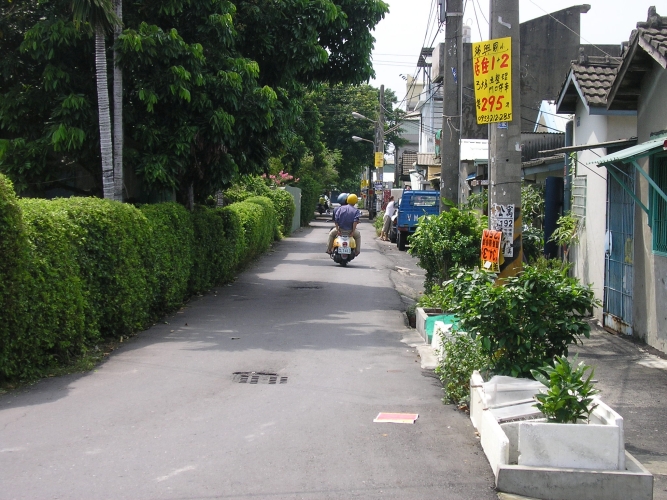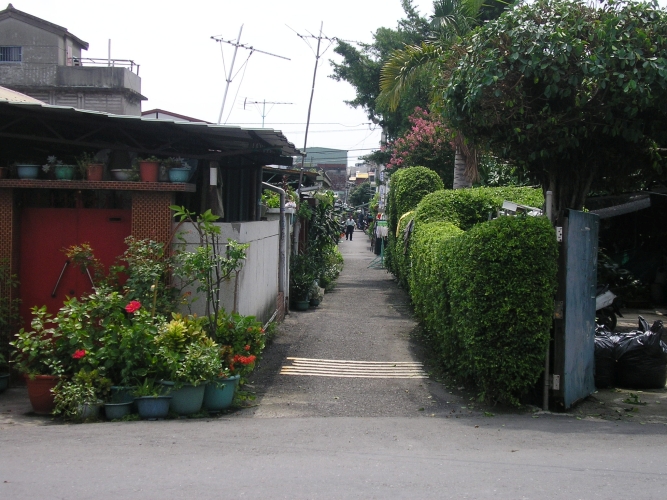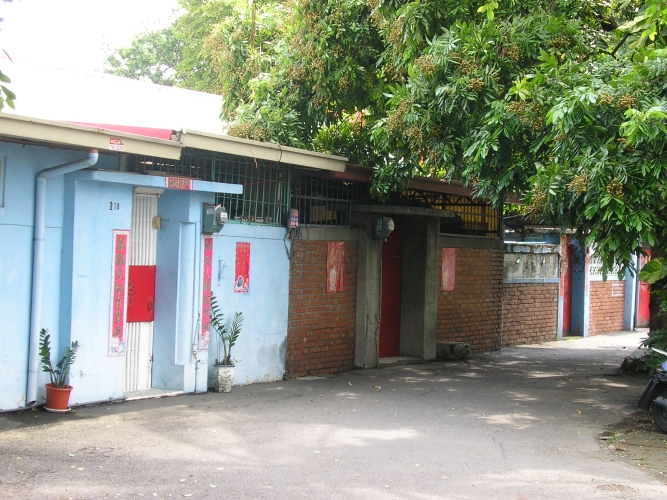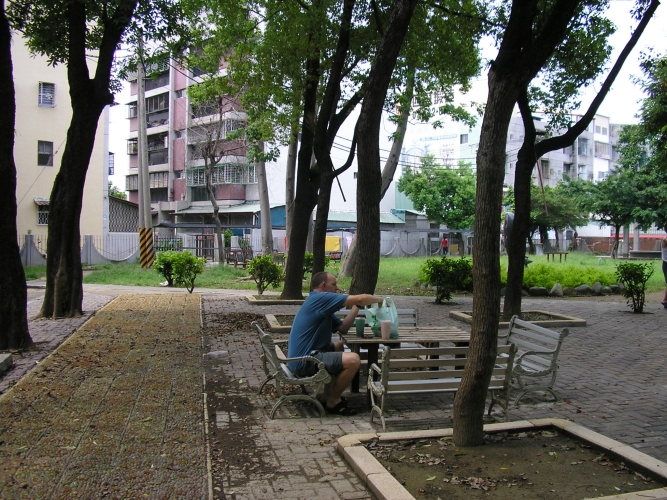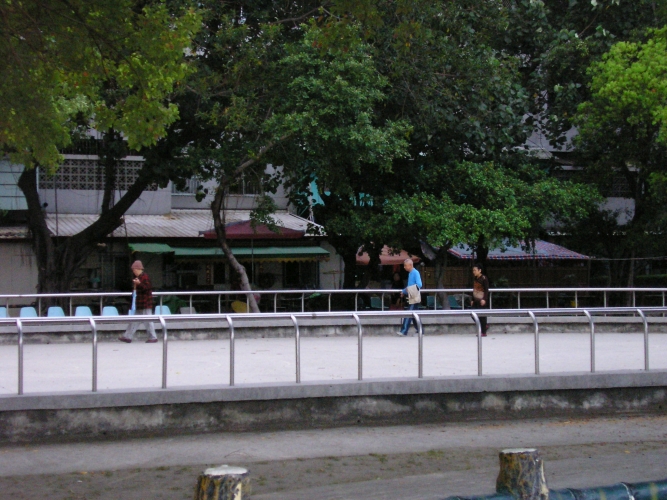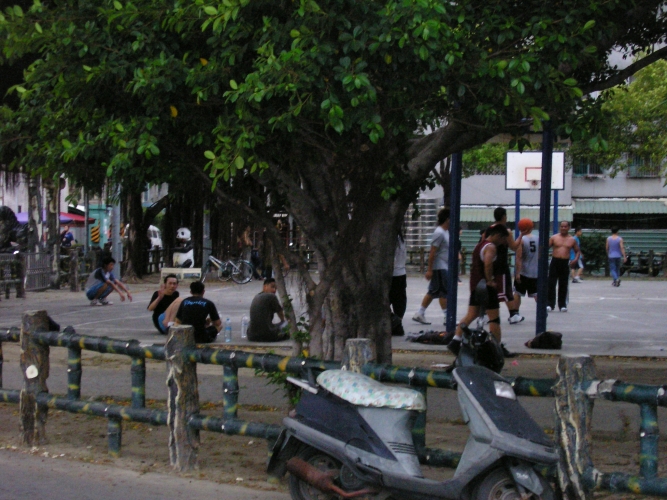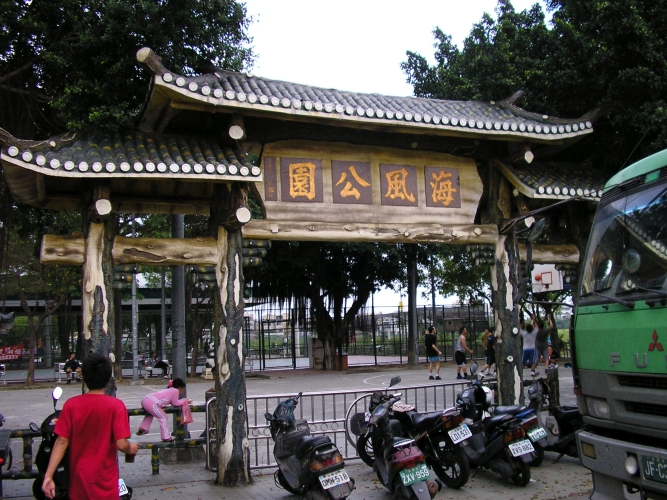“What went wrong?” was a question often on my mind as I worked through the Korea material. For most of my adult life I have had a problem with certain things, and at times it has threatened to get me down. What exactly was the problem in Korea?
I believe that the problem had to do with identity, and specifically the role that environment plays in its development.
The environment in which my identity had been nicely developing until I was about fourteen years old changed dramatically within the space of a few weeks. From that time on – my early teens – I was constantly confronted by failure, for the simple reason that the measure of success was always money, manifested in the clothes you wore, what you could afford and what not, where you and your family lived, and your status in the community. This was compounded by Unpaid Debt, and the fact that goods such as furniture and a few boxes of childhood toys that were stored in a garage could be carted away by people who had the right to take it because of the unsettled debt.
I had to absorb all this new information in my process of developing identity. No surprise that shortly after my life had entered this period I increasingly started defining my identity within the framework of fundamentalist religion.
My early twenties arrived in a socio-economic environment that had not improved much since my teenage years. Due to various reasons, fundamentalist religion had also begun to lose its lustre as a determinant of identity for me. And all of this at a time when I had to raise my hand and say, “Here’s another young adult man. Where should I stand?”
By the time I started eating kimchi and sticky rice for breakfast in Korea, I had acquired a lot of knowledge, understood little, clearly knew “something” was wrong with “something”, and I still couldn’t quite work out where my place on the parade ground was. What exactly was wrong and what should be my struggle would take another few years to express in the proper vocabulary.
______________________
